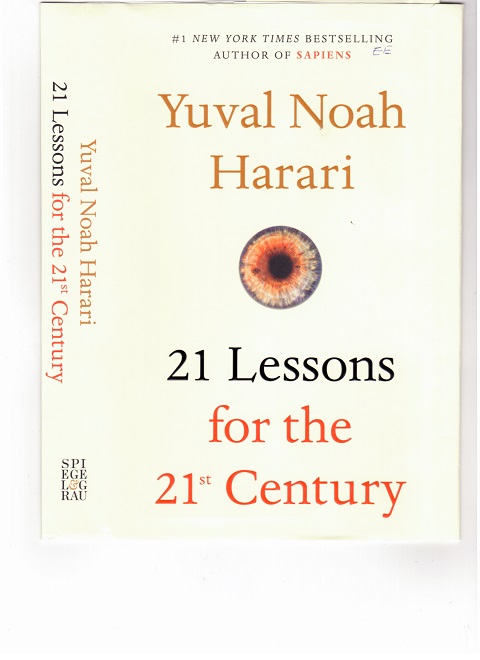
This section also explores the unification of the state, business and science. It is our acceptance of ignorance that fuelled rapid scientific innovations. Harari argues such a rapid advance is made possible by our acceptance of the fact that we know little about the world around us.
The Scientific Revolution – This section explores some of the reasons behind rapid industrial and scientific growth of European nations. This part also explores the roles played by money, religion and imperial vision in unification of mankind. Humans across the planet now form one large family. The Unification of Mankind – Harari argues that even though human culture has been in constant flux through the centuries, there has always been a definite direction to where we are going. This part also covers the evolution of language and bureaucracy. In more recent times, we have even started romanticizing farming and agriculture. This is an interesting conclusion since we think about agricultural evolution as a major achievement of human species. The Agricultural Revolution – Is agricultural revolution history’s biggest fraud? Harari argues that for the farmers, this revolution manly offered suffering and death. This part also takes a look at the day to day lives of early humans and explores the link between human growth and extinction of other animal species. He argues that it is this sudden ability that enabled us to be the only dominant human species on the planet. The Cognitive Revolution – Harari argues that it is our ability to gossip and believe in collective myth that led to the unprecedented growth of human species. Sapiens book is organized into 4 main parts covering last 70,000 years of human history, Is there anything more dangerous than dissatisfied and irresponsible gods who don’t know what they want? Summary: Sapiens, A Brief History of Humankind The lack of "political correctness" and "relaxed historical accuracy" may annoy or anger some readers! Here is an advice for easily offended readers – treat it as fiction! The book triggers your imagination and curiosity. I am a huge fan of history and once I started reading it, I couldn’t put it down. Harari claims that it has enabled us to bypass evolution and even become gods on earth! Everything that is the foundation of modern human civilization – money, religion, capitalism, consumerism and democracy is the result of our ability to believe in collective myth. Harari argues that it is our ability to gossip and believe in collective myth that has led to the unprecedented growth of human species. 
Most of the things that traditional history textbooks usually cover are only very briefly touched upon. Harari takes a high level view of human life over the centuries, but he also takes us through the perspective of common people when needed. The topic of human history is so large, that it is a real challenge to decide what to include and what to ignore. In less than 500 pages, Harari takes us through an exhilarating journey of human history.

He wrote "Sapiens" originally in Hebrew and was later translated to other languages including English.
#Yuval noah harari course free
His free YouTube course "A brief History of Humankind" covering 17 lessons and 62 videos is very popular.

Yuval Noah Harari is an Israeli professor of history at Hebrew University of Jerusalem. Sapiens, A Brief History of Humankind by Yuval Noah Harari is one such book! But very rarely you come across a masterpiece book and wish that it was bigger. Many books these days, especially in the self-help category, are bloated works converted from one or two blog posts. When I read non-fiction books these days, I get a nagging feeling that the author could have communicated the idea in a much shorter book.







 0 kommentar(er)
0 kommentar(er)
